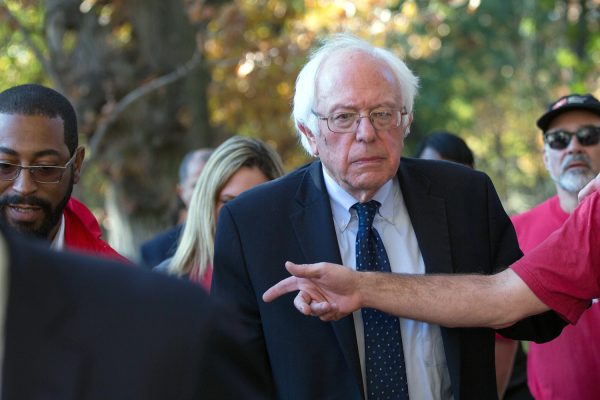
NBC’s political team asks if it is fair to treat Bernie Sanders as an insurgent rather than the legitimate frontrunner in the Democratic presidential primary, given his high name recognition and the fact that he has raised more money than the other candidates.
I think so.
- Polls, which put Sanders in first or second place, reveal little at this point. We’re still almost a year away from the Iowa caucuses. The only people paying attention are political actors, not voters.
- The Democratic Party may be moving to the left, but Sanders is still way to the left of everyone else. Nate Cohn and Harry Enten point out that the Democratic electorate is not as young, liberal and woke as you might think. One in two Democrats call themselves “moderate” or “conservative”. How do they feel about a self-described democratic socialist who wants to nationalize health care?
- Lest we forgot: Bernie Sanders is not a Democrat. (He is an independent who groups with the Democrats in the Senate.) Set aside voters; what incentive does anyone in the party have to support him when he owes no loyalty to the party?
The theory that “the party decides” may be less persuasive since Donald Trump won the Republican nomination in 2016, but party actors (everyone from activists to donors to elected officials to sympathetic journalists) still wield influence. They decide whom to invite to events and debates, whom to endorse and whom to give money to.
In 2016, Sanders was publicly endorsed by just thirteen Democrats against 523 for Hillary Clinton. He has won 21 endorsements this year so far against 55 for Cory Booker and Kamala Harris. Sanders is definitively a top contender, but the frontrunner? Probably not.
